The Moto G60 integrates the line of Motorola phones with intermediate technical data, with a 108-megapixel camera, but no 5G. The Moto G50 5G is the manufacturer’s bet to bring the fifth-generation mobile Internet to smartphones at more affordable prices. The models launched in 2021 have differences in their specifications. Thinking about it, we prepared a comparison of these devices; check out the lines below.
Moto G60 vs Moto G50
| Moto G60 | Moto G50 | |
|---|---|---|
| Launch | April 2021 | September 2021 |
| Price | $194 | $189 |
| Screen | 6.8 inches | 6.5 inches |
| Screen resolution | Max Vision FHD+ (2460 x 1080 pixels) | Max Vision HD+ (720 x 1600 pixels) |
| Processor | Snapdragon 732G (2.3GHz octa-core) | Dimension 700 (2.2GHz octa-core) |
| RAM | 6 GB | 4GB |
| Storage | 128 GB | 128 GB |
| Memory card | Micro SD up to 512 GB | Micro SD up to 1TB |
| Back camera | Main 108 MP, 8 MP multipurpose camera and 2 MP depth sensor | Main 48 MP, macro 2 MP, and depth sensor 2 MP |
| Front Camera | 32 MP | 13 MP |
| Operating system | Android 11 | Android 11 |
| Battery | 6,000 mAh | 5,000 mAh |
| Dimensions and weight | 169.6 x 75.9 x 9.75mm; 220 grams | 167 x 76.5 x 9.3mm; 206 grams |
| Colors | blue and champagne | Blue and green |
Screen and design
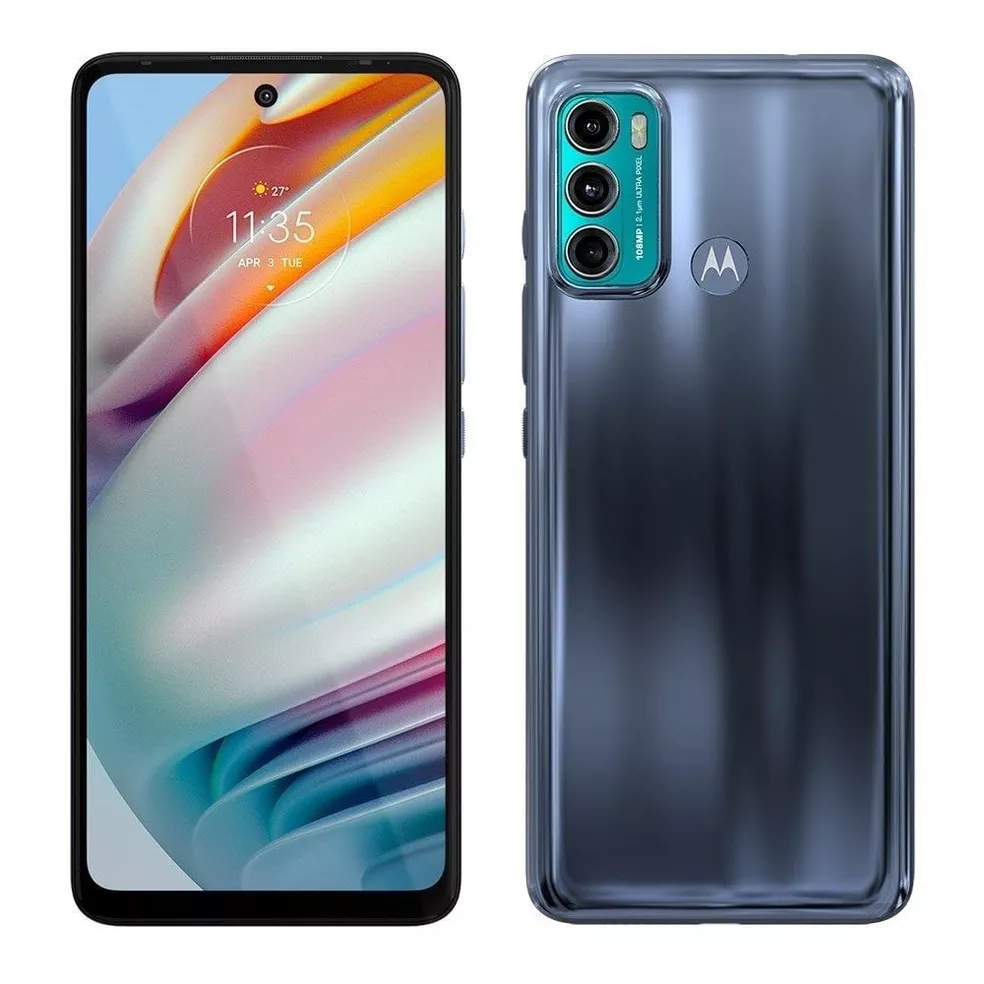
The Moto G50 5G’s IPS display is 6.5 inches – 0.3 less than the Moto G60, a minimal difference. The refresh rate of the Motorola 5G model also loses out to the rival: it is 90 Hz against the G60’s 120 Hz. This specification results in smoother movement and high graphics quality in games and images.
In addition, the HD+ resolution of the G50’s screen is 1600 x 720 while the G60 features a Full HD+ resolution of 1080 x 2400 pixels and support for HDR 10+. As for the design, both Motorola smartphones have a finish made of glossy-looking plastic with obvious edges.
The organization of the photo arrangement is a striking difference between smartphones. On the G50, the lenses and flash are organized under a square module. On the G60, on the other hand, the three cameras are aligned vertically, next to the LED flash. The drop-shaped notch is also present on the 5G model, as opposed to the trend of the hole in the display to house the front camera that is present on the G60.
The Moto G60 is available in blue and champagne colors. The Moto G50 5G can be found in blue and green.
Cameras
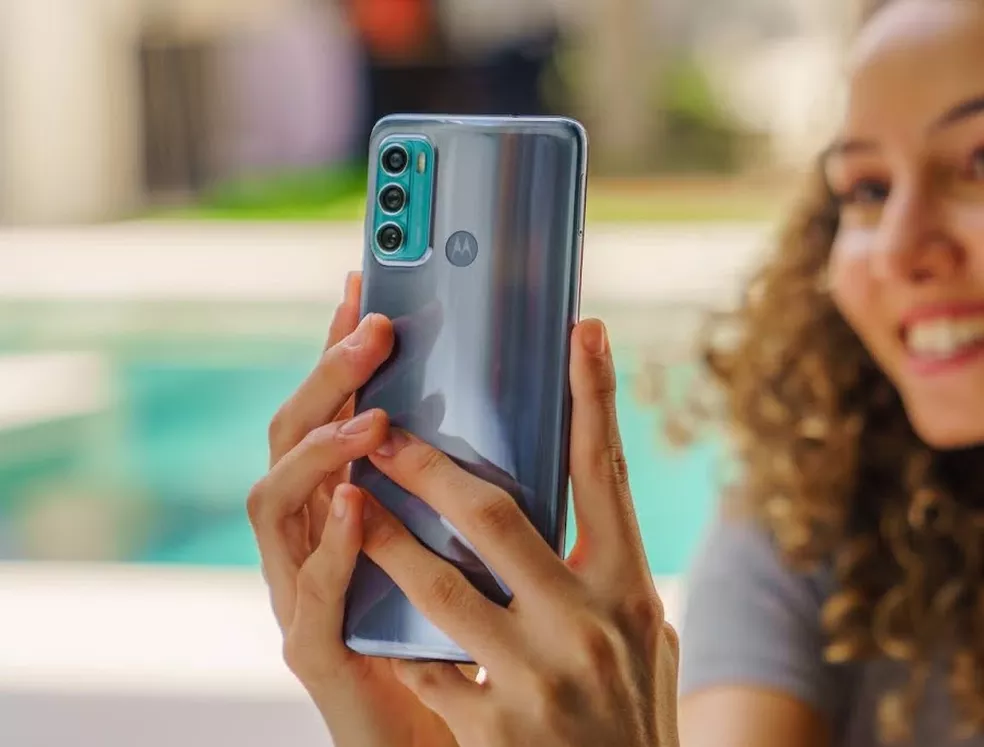
The Moto G60 and Moto G50 5G have differences in terms of the triple camera arrangement. The G60’s triple camera, one of the highlights of the phone, features a 108 MP main sensor, followed by an 8 MP hybrid camera and a 2 MP depth sensor. The selfie camera records at 32 MP quality and videos are recorded in 4K at 30 frames per second.
In summary, the Moto G60’s camera is divided as follows:
- 108 MP Main (f/1.9)
- 8 MP Multi-Purpose (f/2.2)
- 2 MP Depth Sensor (f/2.4)
- 32 MP Front (f/2.2)
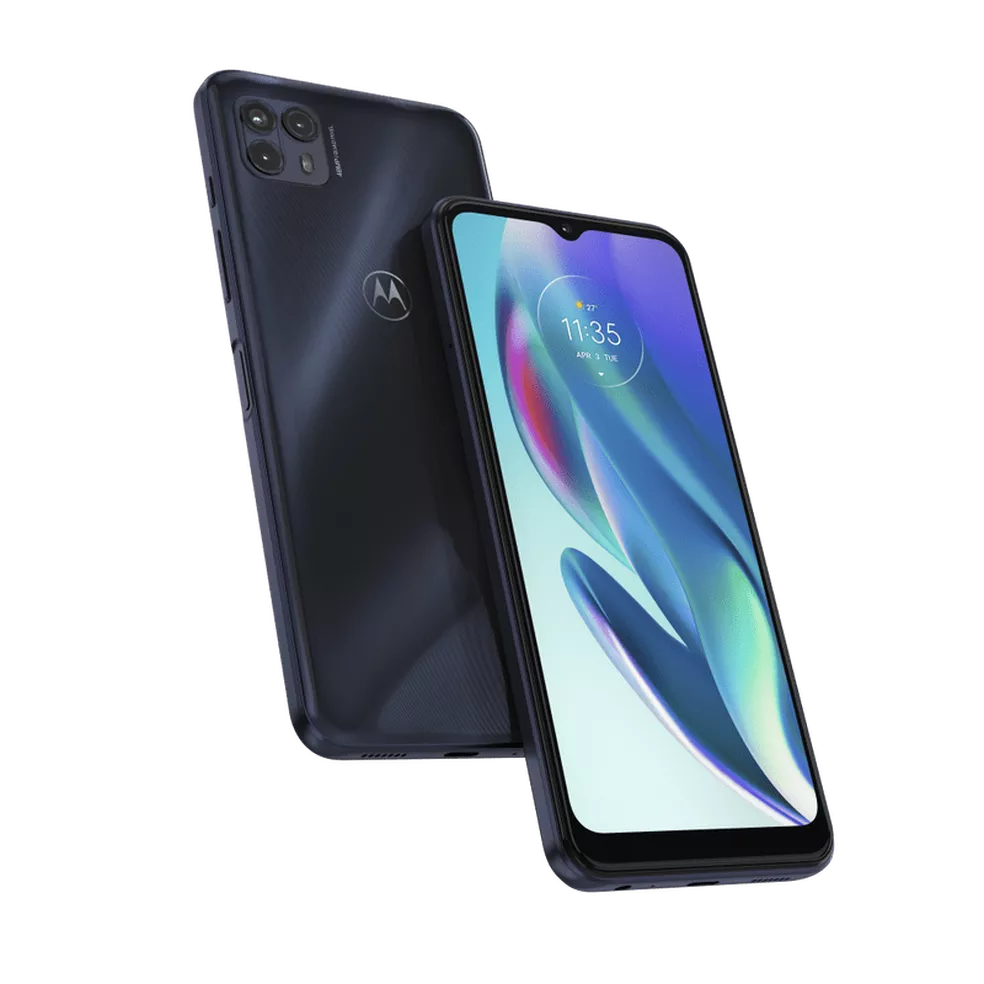
The main camera features Ultra Pixel technology, which makes the phone 9x more sensitive to light. The multi-purpose camera combines ultra-wide and macro lenses, with the proposal of making records with an enlarged field of view with a 118º lens, and also capturing details in close objects. The depth sensor helps in portraits with blurred backgrounds.
The Moto G50 5G has a 48 Megapixels main camera, 2 MP macro, and a 2 MP depth sensor. In addition, the mid-range model from Motorola takes selfies with a resolution of 13 MP and records Full HD videos at 30 frames per second.
The cameras present in the Moto G50 5G set are organized like this:
- Main: 48 MP (f/1.7)
- Macro: 2 MP (f/2.4)
- Depth sensor: 2 MP (f/2.4)
- Front: 13 MP (f/2.2)
The Moto G50 5G doesn’t feature an ultra-wide camera, so it doesn’t take wide-angle aperture shots. The macro and depth lenses, on the other hand, enable images with rich details and also images with a blurred background.
Performance and Storage
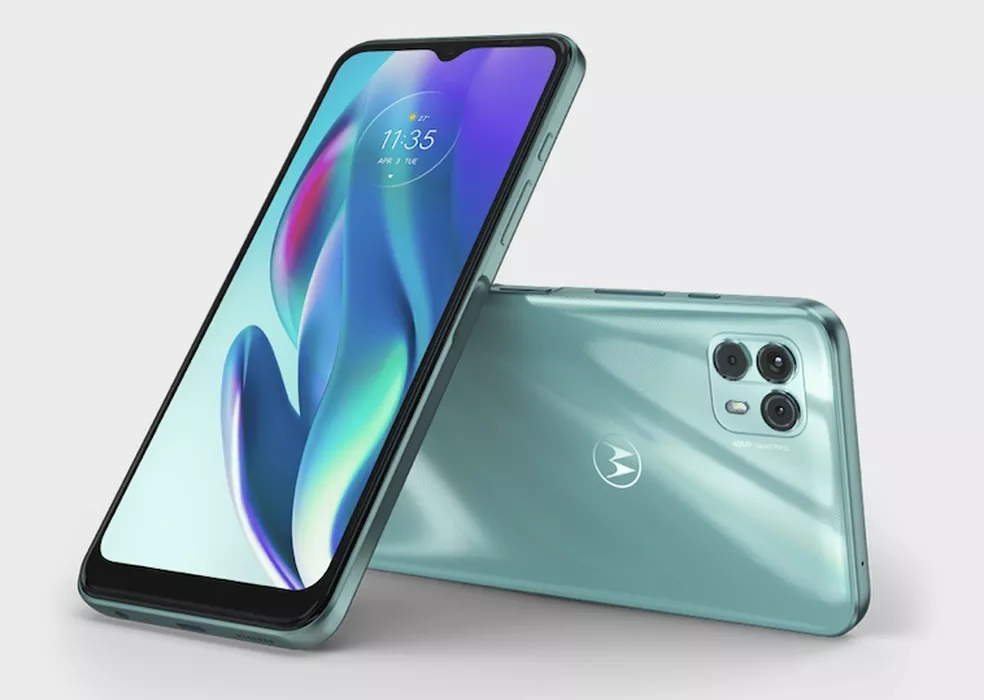
The Moto G60 uses the Qualcomm Snapdragon 732G. The octa-core chip features a maximum speed of 2.3 GHz that works together with 6 GB of RAM. Meanwhile, the Moto G50 5G relies on Mediatek’s Dimensity 700 processor, an octa-core with speeds up to 2.2 GHz, and 4 GB RAM.
Both smartphones feature 128 GB storage, and there is the possibility of an expansion via micro SD card up to 512 GB on the G60 or up to 1 TB on the G50.
Battery
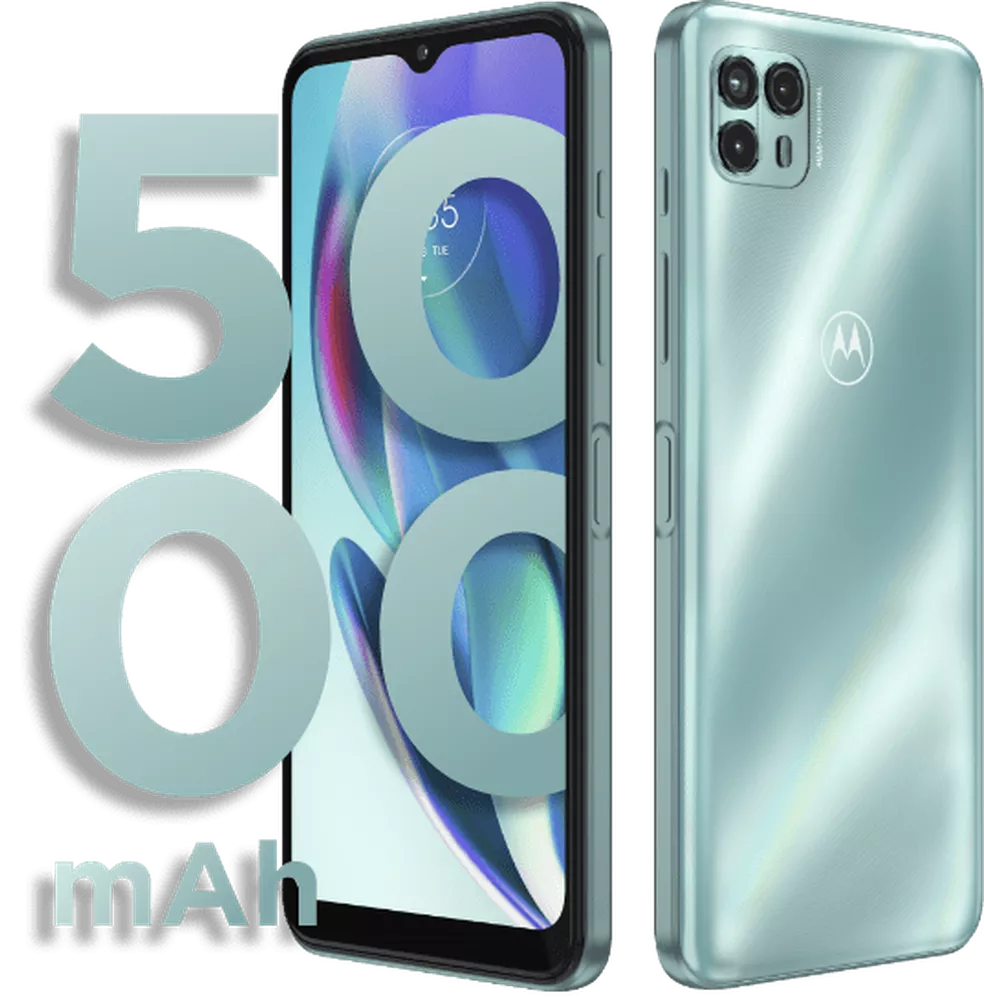
The battery capacity of the Moto G60 is 6,000 mAh and that of the Moto G50 is 5,000 mAh. Despite the differences, according to the manufacturer, both phones can stay up to two days away from the plugs, considering that the user alternates moments of use and inactivity. It is important to note that battery performance may vary depending on usage modes.
Both phones feature 20-watt fast charging, which should provide full battery replenishment in just under two hours, according to Motorola.
Android Version
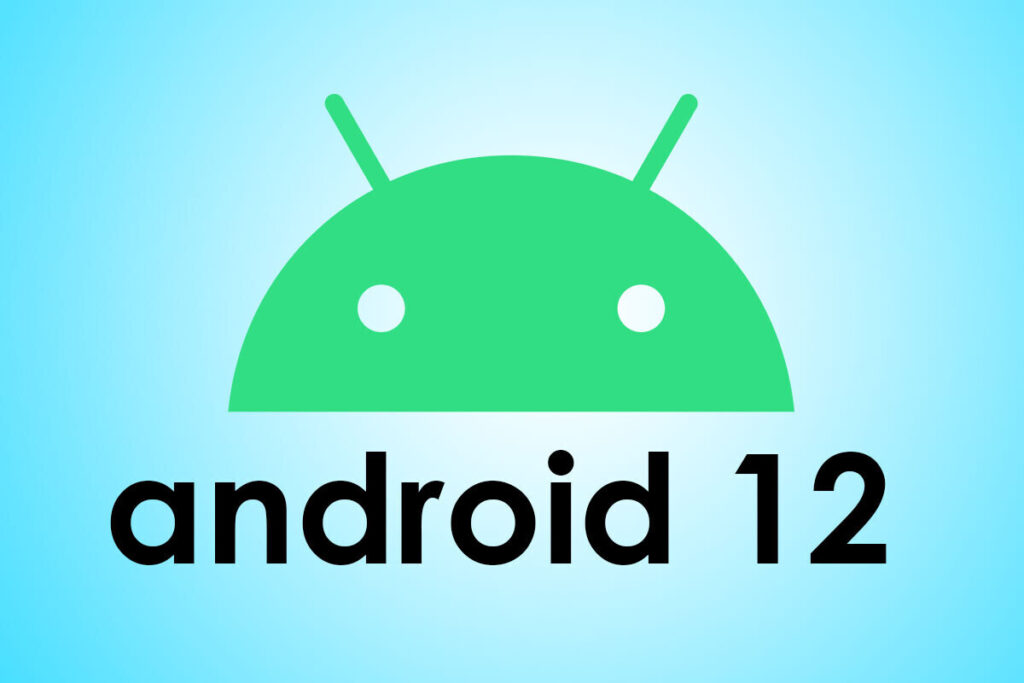
The Motorola smartphones leave the factory running Android 11. The Moto G60 is upgraded to Android 12. The manufacturer confirmed that the smartphone will receive Android and security updates for 2 years.
For the Moto G50 5G, Motorola guarantees a system update to Android 12 and promises security updates for 2 years.
Additional Features
Moto G60 and Moto G50 5G have fingerprint readers: it is on the back of the first and the side of the second. Regarding connectivity, both smartphones feature NFC technology for payment by proximity.
They differ in the mobile connection: while the Moto G60 offers only 4G support, the G50 features a 5G connection.
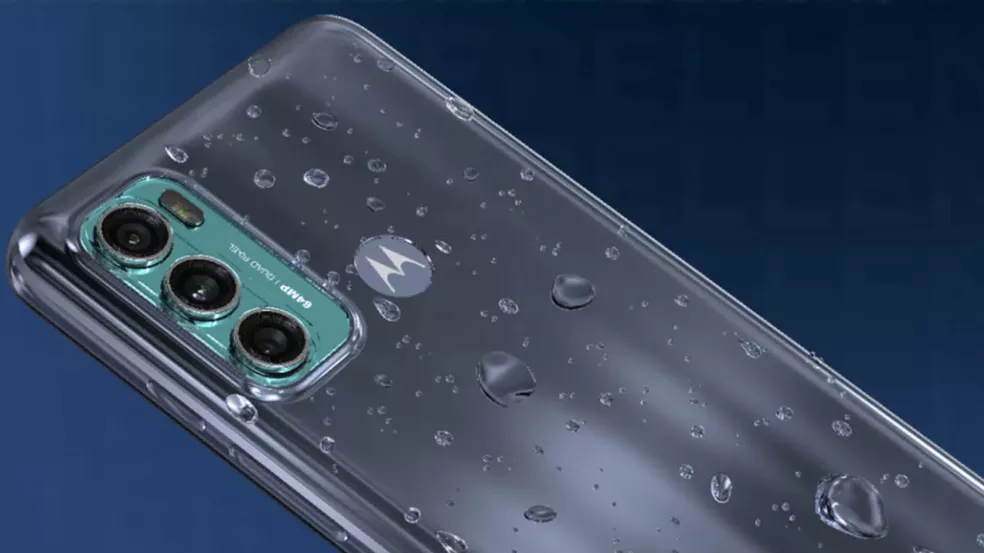
The older Motorola smartphone also features IP67 certification, which gives the phone protection against splashes. The Moto G50 5G has splash and dust protection according to the manufacturer, although it is not IP certified.
Pricing and Availability
The Moto G60 arrived on the market in April 2021. It is currently found on Amazon for $194. In turn, the Moto G50 5G landed in September 2021, and it is currently found for $189.
- Buy Moto G60
- Buy Moto G50 5G
This post may contain affiliate links, which means that I may receive a commission if you make a purchase using these links. As an Amazon Associate, I earn from qualifying purchases.

